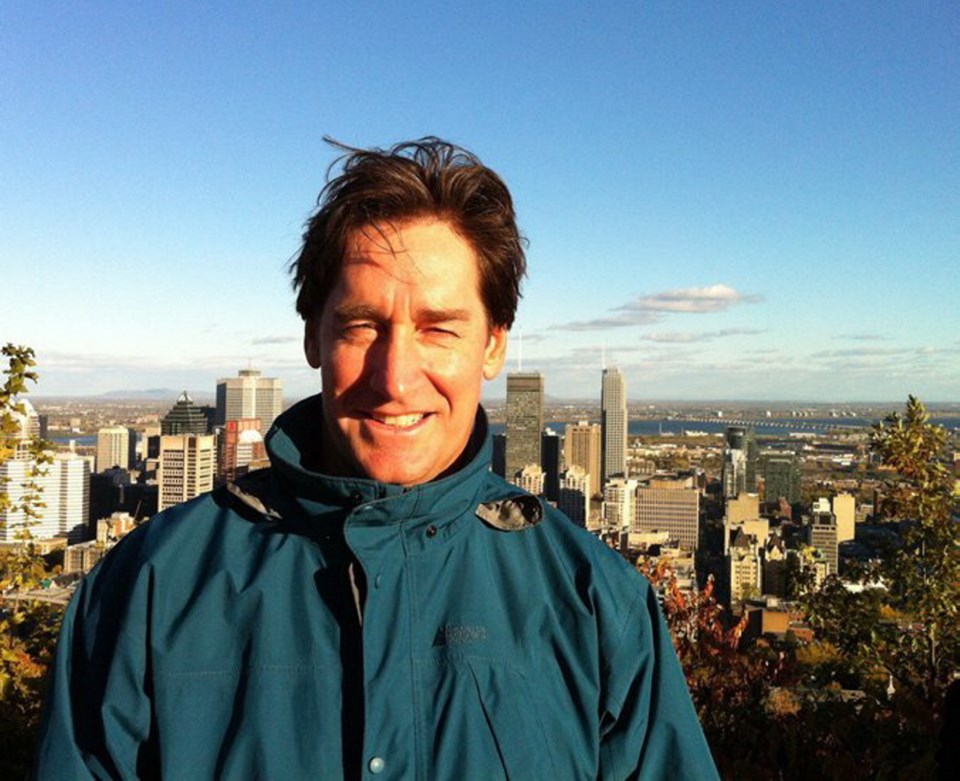Times Colonist
Dugald Maudsley has seen it all, or so it seems when you consider what he’s been doing for the past 25 years.
The award-winning filmmaker, TV producer and former investigative reporter has travelled from the Arctic to Africa, producing 50 documentaries about sex slaves, wildlife trafficking, the race to decode the human genome and more.
Although he has filed stories from the world’s most dangerous war zones, Maudsley, 52, is best known for producing documentaries for the Australian Broadcasting Corp., National Geographic, Discovery Channel, BBC Canada, History Television and other broadcasters. He has earned accolades for programs on the Ethiopian famine (God’s Tears, featuring Bob Geldof), the fall of Saigon (Return to Saigon) and family history and genealogy (Ancestors in the Attic).
“Yes, it’s been dramatic and exciting, a lot more in the past than it is now,” says Maudsley, who as part of University of Victoria’s Orion Visitor series will deliver a talk, How It’s Made, Tuesday at 6:30 p.m. in room 104 of UVic’s Engineering and Computer Science building.
“Today, getting it made is more about the nitty-gritty of funding. Before, it was about working with broadcasters who had money in place so you could travel around the world to tell your stories.”
Whether making documentaries about the Rwanda genocide (Rwanda Justice), one of the United States’ most infamous prisons (Lockdown: Gangland) or the doomed attempt to build the Bricklin sports car in New Brunwick (The Premier, The Promoter and Their Car), the common thread is people and how they drive the storytelling, the Toronto-based filmmaker says.
“The one thing at the centre of every story is people, the challenges they face and the way they’re changed,” he says. “I’ll be talking about the people, places, process and production that have inspired my storytelling.”
Maudsley was invited by Department of Writing sessional instructor Madeline Sonik, a former journalism- school classmate who asked if he’d consider coming to talk about “documenting creatively.”
Meanwhile, he’s completing a project for CBC’s The Nature of Things — Myth or Science 2: The Quest for Perfection, a sequel to his highly-rated Mythbusters for Science. It features Dr. Jennifer Gardy of the B.C. Centre for Disease Control, and questions another claim often made.
“Is it true blind people hear better than people with sight?” he asks. “It is, and it has to do how our brain rewires itself.”
Maudsley will also talk about pitching documentaries in a landscape much different than when he started.
“It’s tough because broadcasters are no longer looking for one-offs,” he says. “It’s about series now. They’re looking for crazy people doing crazy things, and they want 10 or 11 one-hour stories every season.”



